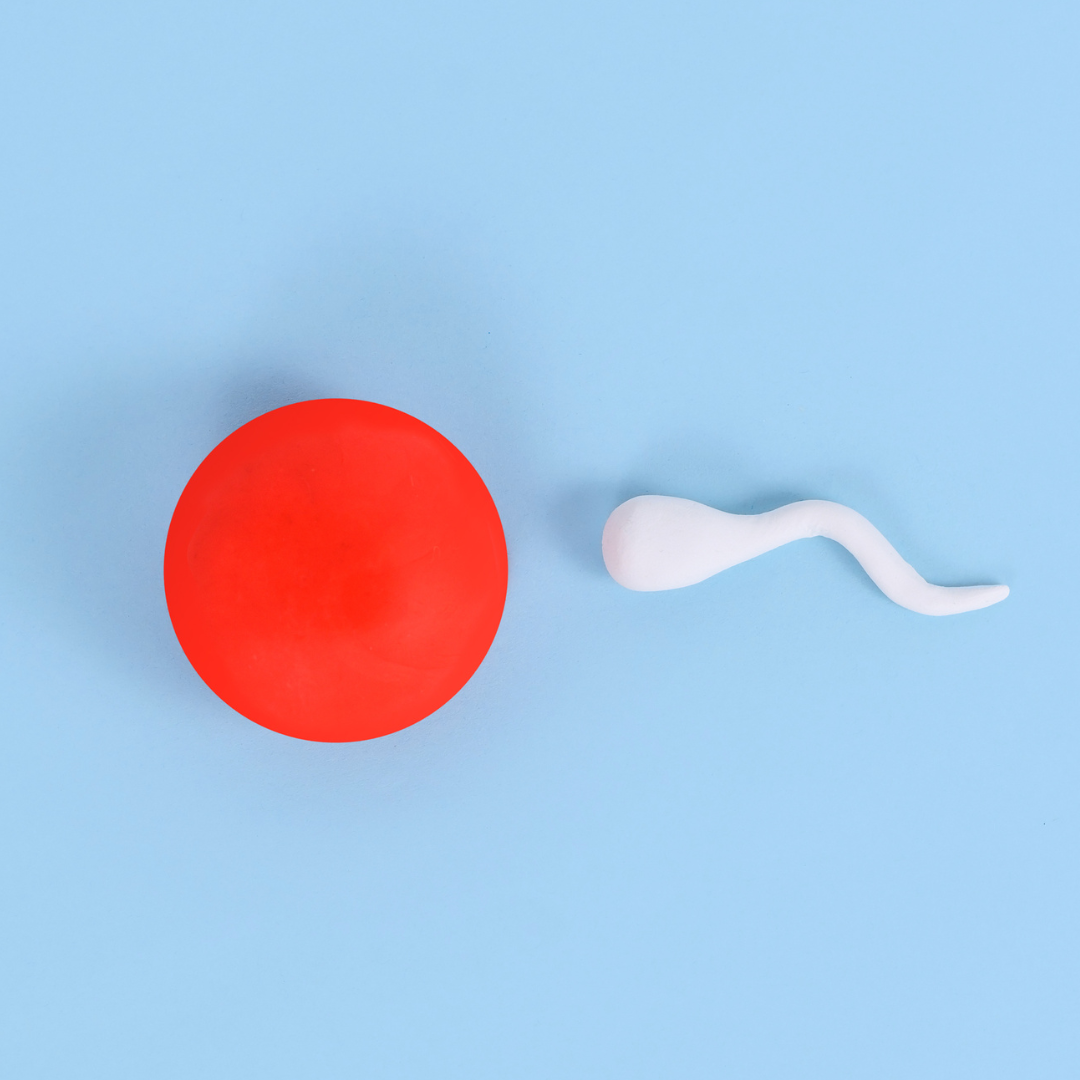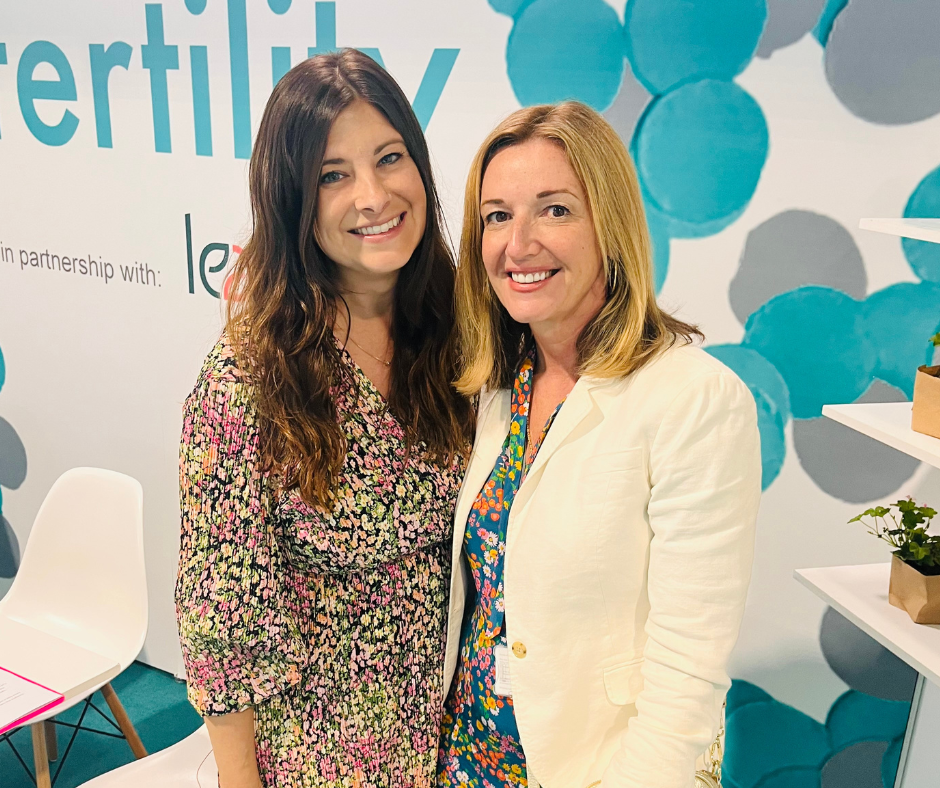Read our latest blog posts

Egg freezing uncovered
This year the Human Fertilisation and Embryology Authority (HEFA) reported a dramatic rise in the number of women freezing their eggs. It’s becoming one of the fastest growing fertility treatments across the UK. Some experts are attributing the rise to the pandemic, with Sarah Norcross, the director of the Progress Educational Trust, suggesting that “restrictions on socialising may have prompted some women to think more about their fertile window and decide to try to increase their reproductive choices.”

New guidelines, set out by the Human Fertilisation and Embryology Authority, explained…
This month the HFEA (the Human Fertilisation and Embryology Authority) set out proposals to modernise the regulation of fertility treatment and research involving human embryos.
The range of recommendations aims to update the UK’s 33-year-old fertility law, in a bid to ‘future-proof’ the industry and better reflect the significant changes in the fertility sector.

Men make up 50% of all fertility problems
Male fertility is important. That’s a fact. Men make up 50% of all fertility problems, and so it is important to know what checks to do and how to move forward in the best way. So this week on “Let’s all Talk Fertility” I spoke to Consultant Urologist and Lead Andrologist Professor Suks Minhas from Imperial College.
A lot of Suk’s work focuses on the causes and treatments for male infertility. Perfect for this webinar! Suks started by explaining just how much male fertility had declined over the last 50 years. The reason? We’re not entirely sure; “It maybe due to industrialisation, exposure to chemicals called endocrine disrupting chemicals” Professor Minhas told us.

“The quality is related to the age of the woman”
Marta told us that what we should really be focussing on is the age and quality of the eggs; “The quality is related to the age of the woman” Marta said. “If we have ten patients, all aged 36, and two of them have low ovarian reserve with an AMH level under one. We know those patients are more likely to have problems to get pregnant, but we cannot say the woman is infertile because we have reported natural pregnancies, even with a low AMH level.” In terms of quantity verses quality, Marta said she would prefer to get three eggs from a woman under 35 than nine eggs from a woman aged 42, because the age and quality of the eggs. Her advice being that, if you have a partner and know your reserve is low, to start trying to get pregnant naturally as soon as you can, to avoid fertility treatment.

Unexplained infertility and the link with sperm DNA fragmentation
Unexplained infertility is when no cause can be identified in either partner as to why a natural pregnancy hasn’t occurred. So a woman is ovulating regularly, has open fallopian tubes, and things look clear - so no adhesions, fibrous growths or endometriosis - and the man has normal sperm.
Sadly in the UK, unexplained infertility still accounts for around 1 in 4 cases - the highest reason for not getting pregnant.
So when do we get help? Well, the National Institute for Health and Care Excellence (NICE) recommends that women with unexplained infertility, who have not conceived after 2 years of having regular unprotected sex, should be offered IVF treatment.

How to choose the right fertility clinic?
Anya told us to think about the important factors to us, such as cost, success rates, distance from home, and the support they offer at the clinic. She was also quick to shout about The Human Fertilisation and Embryology Authority (HFEA) as a very important tool. Their website has a list of all clinics licensed to offer IVF and ICSI in the UK, which in and of itself is a good place to start if you are trying to find out which clinics may be suitable for you.

Strength of stimulation and number of eggs are not equivalent
I was interested to hear from Prof Geeta Nargund that mild or natural IVF would, in her opinion, be a viable option for women with low ovarian reserve. Being that I have POI myself, I was always advised not to go for this option because I would produce so few eggs. Prof Nargund is indeed a pioneer in the field of Natural and Mild IVF.

Q&A with the face of The Fertility Show, Sophie Sulehria
I am delighted to see both The Fertility Show and also the Let’s all Talk webinars go from strength to strength. I first visited the Show as a fertility patient, lost and totally unaware of what to do about our situation. Just by being around the clinics and realising all the options helped us to focus our mind and strategy. Now, eight years on, and (in my opinion) The Fertility Show has vastly improved. The holistic side of things has really taken off. We understand and recognise how important community is on this bumpy road, which is why the Parla Wellbeing Workshops were so wonderful, for people to check out and find a safe space, away from all the noise.

Thoughts from Seetal Savla on The Fertility Show 2023
I first attended The Fertility Show as a patient in 2018. At that point, I’d had three failed IVF cycles and was considering donor conception. Although I felt optimistic about this path to parenthood, I was overwhelmed by what was involved. After a weekend of visiting stands, sitting in seminars and hearing advocates’ stories, I left feeling more informed and ready to take the next steps. What’s more, I had my first contact with my third, final and favourite clinic there, plus my future consultant!

An interview with Shaun Greenaway aka Knackered Knackers
However, after many months having no success, we went to the Doctors to explain our concerns. Following initial tests on both of us, it was established that I had Azoospermia – no sperm in my semen. This was most likely due to having Mumps as a young adult, but I also had a large varicocele - a cluster of enlarged veins above the testicles - which also creates problems with sperm production.

Exhibitor Spotlight: Clínica Tambre
At Tambre, all of our treatments carefully adjust to suit the personal situation of each patient, in order to offer them the best results. One of the aspects that makes us the preferred choice is our team. They are composed of native speakers from different countries, which makes the approach with international patients more personal and intimate. It is not just about speaking the same language, but also about understanding their habits, culture, lifestyle, etc. Most importantly of all however, is a diagnosis - it's essential to us. We therefore meticulously study the medical file of each patient and, if necessary, carry out additional tests to prevent risk factors that could negatively affect the pregnancy. These facts have led Tambre to be very well placed on an international scale with one of the highest success rates at a national and European level.

Kreena Dhiman shares her story
My journey with infertility began when I was diagnosed with breast cancer aged 33. My husband and I had been married for two years, we were looking to begin building our family, but then cancer tore through our world. One conversation that will never leave me came about when I asked my oncologist about the effects of chemotherapy on my fertility and ability to become a Mum. 'Kreena' he replied, 'My job here is to save your life, not to create new life.' It felt like the harshest reality check I had received about my disease and the impact it would have on my future, if I were to survive to have one.

Carla Cressy shares her endometriosis story with us
My Endometriosis story started back in 2004 when I was just thirteen. Despite suffering with all the common symptoms of Endometriosis, it took over a year for my mum and I to convince my GP to refer me to see a gynaecologist where I had my first trans vaginal scan. Feeling relieved I’d finally have answers to my crippling pain, the gynaecologist told me everything was normal, that periods are supposed to be painful, and she sent me on my way. I was fourteen at the time. Still, mum and I persisted and every time I had my period, which was every two weeks, I would find myself at the GP surgery seeking answers for my excruciating pain and collapsing episodes.
